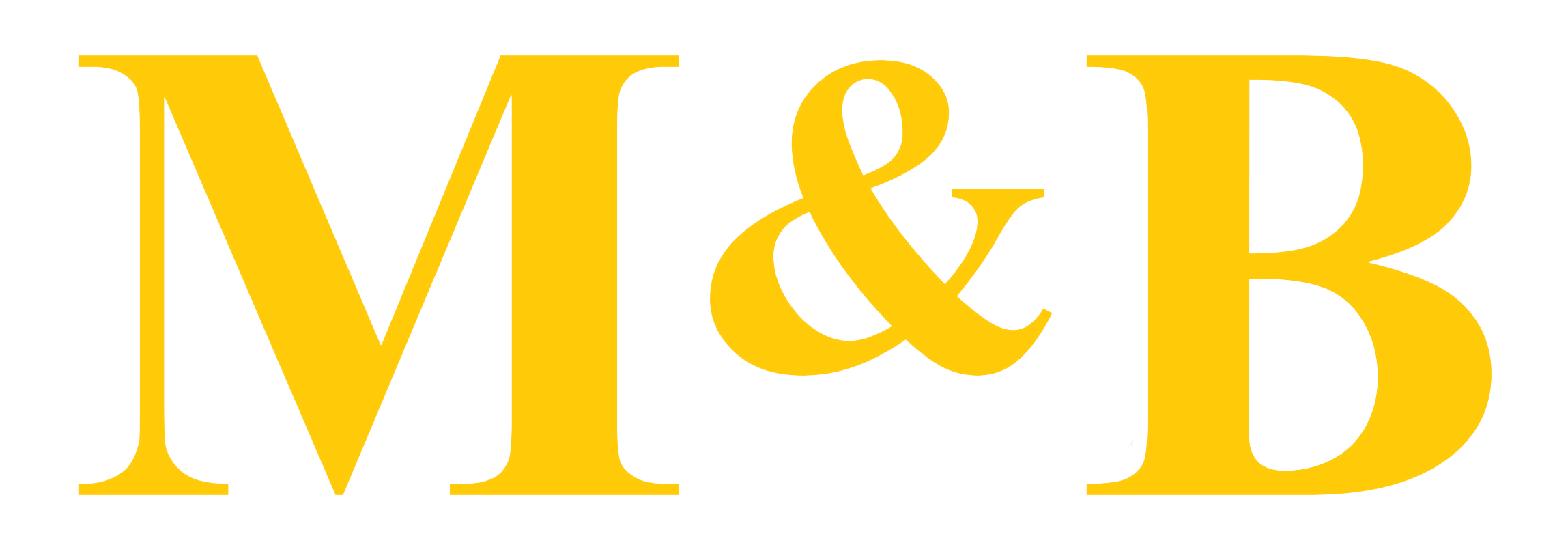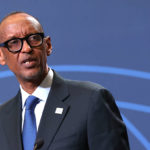Africa’s economic growth is expected to outpace that of the rest of the world over the next two years, with real gross domestic product (GDP) averaging about 4 percent in 2023 and 2024. This is higher than the projected global averages of 2.7 percent and 3.2 percent, the AfDB Group said in its Africa Macroeconomic Performance and Prospects report.
According to the report, estimated average real GDP growth in Africa has slowed to 3.8 percent in 2022, down from 4.8 percent in 2021, amid major challenges following the Covid-19 shock and Russia’s invasion of Ukraine. Despite this economic slowdown, 53 of Africa’s 54 countries posted positive growth. All five regions of the continent remain resilient with stable medium-term prospects.
However, the report cautions on the outlook given the current global and regional risks. These risks include soaring food and energy prices, tightening global financial conditions, and the associated increase in domestic debt service costs. Climate change, with its adverse effects on food supplies, and the potential risk of political change in countries holding elections in 2023, are equally daunting threats.
Speaking at the launch, African Development Bank Group President Akinwumi Adesina said, “Despite the confluence of multiple shocks, growth in all five African regions was positive in 2022, and the outlook for 2023-2024 is expected to be stable.”
Growth prospects
Five top-performing African economies in the pre-Covid-19 period are expected to grow by more than 5.5 percent on average in 2023-2024 and regain their places among the world’s 10 fastest-growing economies. Rwanda (7.9 percent), Côte d’Ivoire (7.1 percent), Benin (6.4 percent), Ethiopia (6.0 percent), and Tanzania (5.6 percent).
Other African countries are expected to grow by more than 5.5 percent over the 2023-24 period. These include the Democratic Republic of Congo (6.8 per cent), Gambia (6.4 per cent), Libya (12.9 per cent), Mozambique (6.5 per cent), Niger (9.6 per cent), Senegal (9.4 per cent) and Togo (6.3 per cent).
Economist Jeffrey Sachs, director of the Center for Sustainable Development at Columbia University, welcomed the report, which he said shows that African economies are growing and growing steadily.
He said, “Africa can and will grow at 7 percent or more per year consistently in the decades ahead. What we will see is a real acceleration of Africa’s sustainable development, which will make the continent the fastest growing component of the global economy. He added,” Africa is the place to invest.”
We will see a real acceleration of Africa’s sustainable development. “Africa is the place to invest.
Bold policies to mitigate cumulative risks
The report calls for strong measures to address these risks. Both monetary, fiscal and structural, including:
– Rapid and aggressive or moderate monetary policy tightening depending on the inflation area.
– Strengthening resilience by boosting intra-African trade, especially in manufactured goods.
– Accelerating structural reforms to strengthen tax administration capacity and improve transparency.
– Improving institutional governance and adopting policies to mobilize private sector financing, especially for greenfield projects, to mobilize Africa’s resources for inclusive and sustainable development.
– Taking decisive action to reduce structural budget deficits and public debt accumulation in countries facing a high risk of debt distress or already in debt distress.
Overview of economic prospects in the regions
Despite the confluence of multiple shocks, growth in all five African regions was positive in 2022-and the outlook for 2023-2024 is expected to be stable.
– Central Africa – Supported by favorable commodity prices, growth is estimated to have been the fastest on the continent at 4.7 percent, up from 3.6 percent in 2021.
– Southern Africa – Growth has slowed the most, from 4.3 percent in 2021 to about 2.5 percent in 2022. This slowdown is the result of weak growth in South Africa, where rising interest rates, weak domestic demand, and persistent power outages have weighed on the economy.
– West Africa – Growth is expected to slow to 3.6 percent in 2022 from 4.4 percent in 2021. This is due to slowdowns in Côte d’Ivoire and Nigeria, the two largest economies in the region. Nigeria’s growth in 2023 – although affected by Covid-19, insecurity, and low oil production despite higher international oil prices – could benefit from ongoing efforts to restore security in the troubled oil-producing region.
– North Africa – Growth is expected to decline by 1.1 percent from 5.4 percent in 2021 to 4.3 percent in 2022 due to the sharp contraction in Libya and drought in Morocco. Growth is expected to stabilize at 4.3 percent in 2023, supported by an expected strong rebound in these two countries and sustained growth elsewhere in the region.
– East Africa – Growth is expected to slow to 4.2 percent in 2022 from 5.1 percent in 2021. However, it is expected to recover to the pre-pandemic average of over 5.0 percent in 2023 and 2024. Although East Africa’s production structure is relatively diversified, the countries in the region are largely net importers of commodities. They are therefore bearing the brunt of rising international prices, in addition to recurrent climatic shocks and insecurity, particularly in the Horn of Africa.
During his presentation, the Chief Economist and Acting Vice President of the African Development Bank, Kevin Urama, noted: “Africa has an important role to play in stimulating inclusive growth and sustainable development globally. There are many opportunities for smart investments in key sectors: agriculture, energy markets, minerals, health infrastructure and pharmaceuticals, light manufacturing, transport and logistics, digital economy, etc. The continent remains a goldmine for smart investors globally.”
ABIDJAN, Ivory Coast, January 19, 2023





